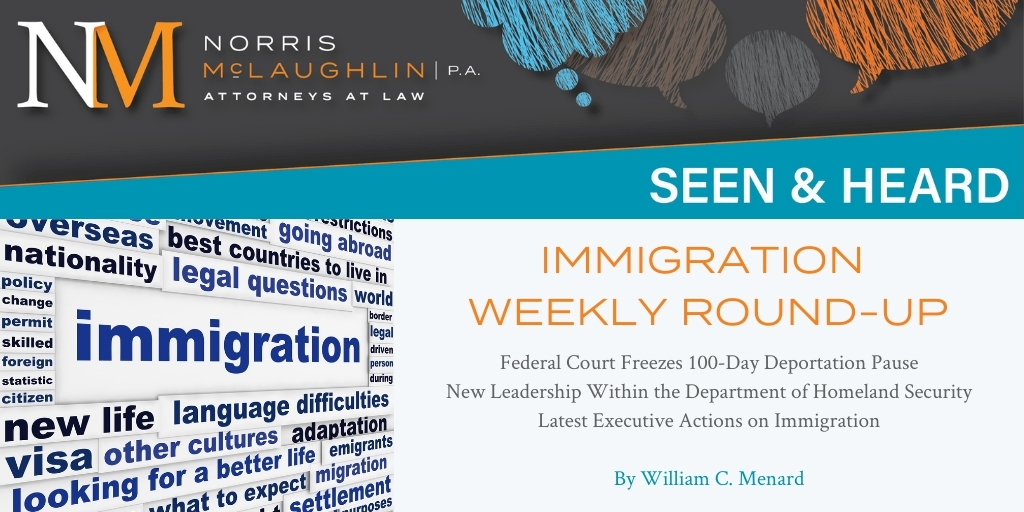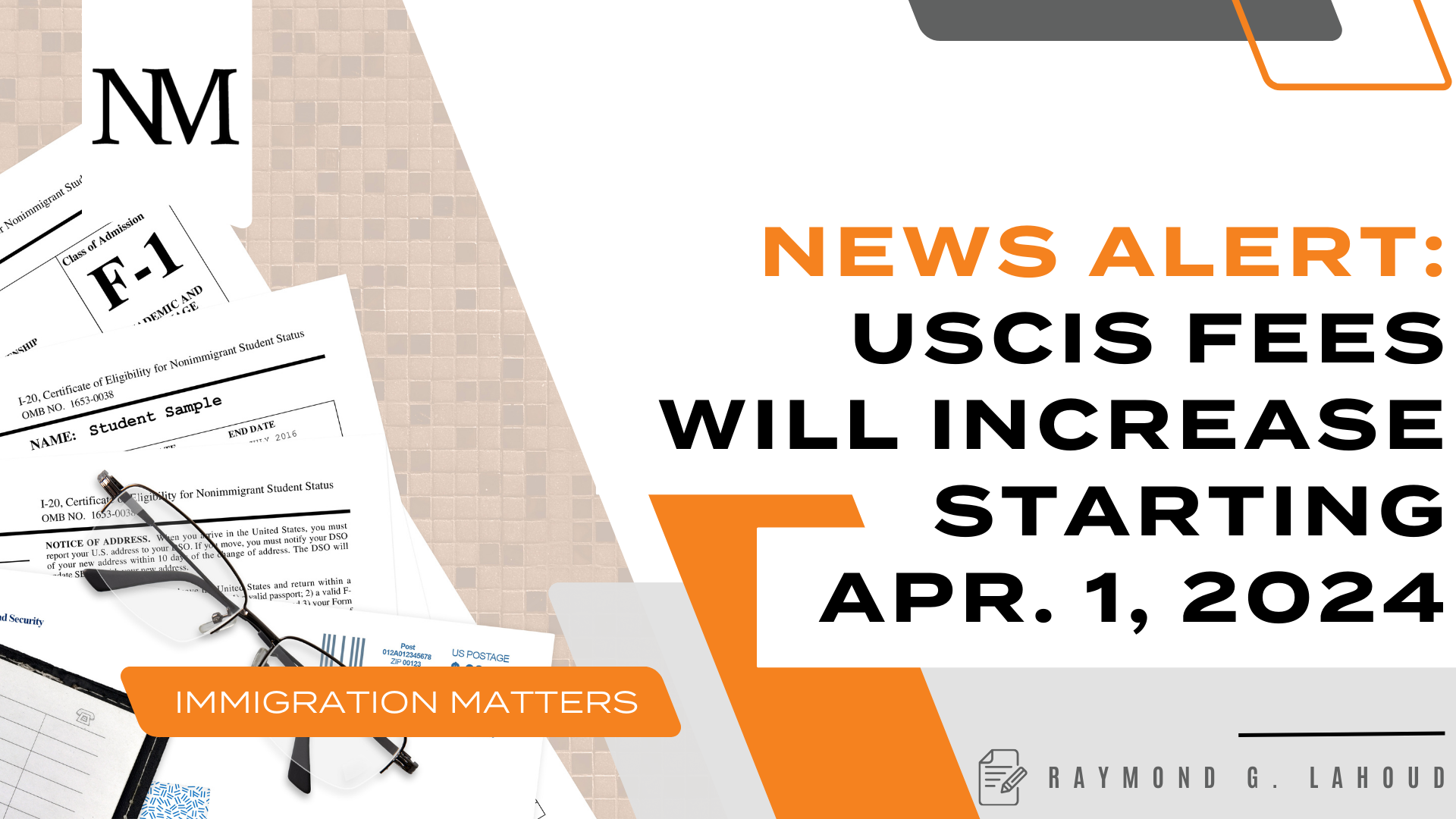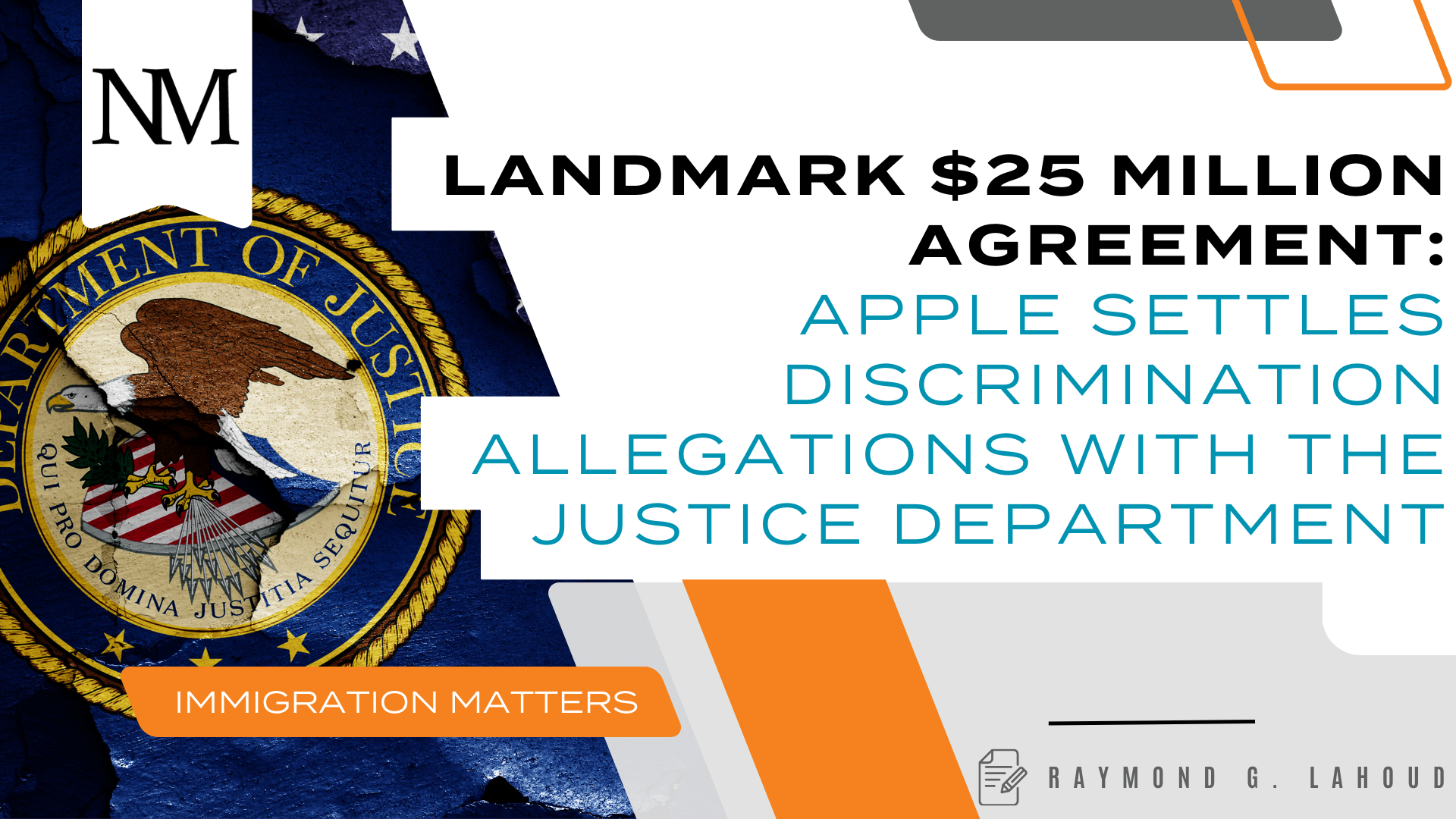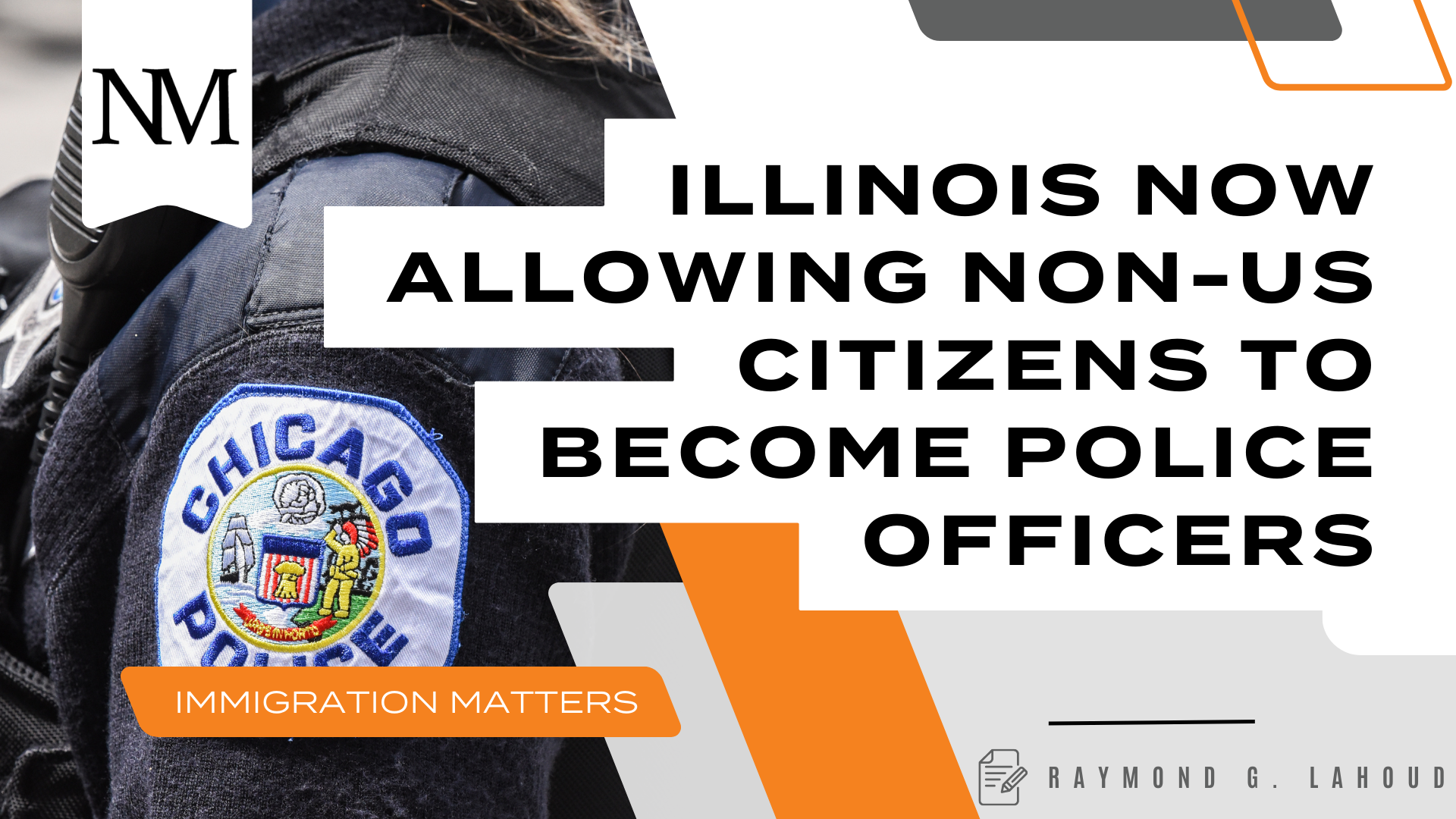Weekly Immigration Round-Up: Halt to Deportation Moratorium; New Leadership Forming at Department of Homeland Security; Biden’s New Executive Actions

Federal Court Freezes 100-Day Deportation Pause
On January 26, 2021, a federal judge in Texas, following a challenge by the Texas State Attorney General’s Office, issued a 14-day nationwide temporary restraining order blocking the enforcement of President Biden’s 100-day pause on most deportations as part of his many executive actions regarding immigration.
U.S. District Judge Drew Tipton stated in his ruling that the Biden administration “had failed to provide any concrete, reasonable justification for a 100-day pause on deportations,” and ordered the Department of Homeland Security (DHS) to “maintain[] the status quo as it existed” prior to the issuance of the 100-day pause memorandum.
The Biden administration is expected to appeal the decision. The deemphasis on deportation and a renewed effort to provide a pathway to citizenship for undocumented immigrants has become popular among immigrants’ rights groups and prominent members of the Democratic Party. For instance, in New Jersey, Olga Armas of the immigrant advocacy group Make the Road, expressed support for Biden’s new approach to immigration, stating that “immigrants like me across the country can begin a new chapter;” and Amy Torres, Executive Director at the New Jersey Alliance for Immigrant Justice, stated that the “Biden-Harris Administration must continue . . . [to] stop ICE enforcement, arrests, and detention.” Moreover, New Jersey Democratic Senator Bob Menendez said he will sponsor President Biden’s bill creating a pathway to citizenship for most of the nearly 11 million living in the United States without documentation, including approximately 500,000 in New Jersey.
The Norris McLaughlin Immigration Law Blog, “Immigration Matters,” will continue to monitor the status of the 100-day pause on deportations as the review of the order proceeds in federal court.
New Leadership Within the Department of Homeland Security
The Biden administration is moving quickly to vet and staff the DHS with new leadership, focusing on individuals with extensive background and knowledge in immigration law.
For instance, Alejandro Mayorkas has been nominated as DHS Secretary and is awaiting confirmation. If confirmed, Mayorkas would be the first Latino and immigrant to serve in the position. He previously served as director of the U.S. Citizenship and Immigration Services (USCIS) between 2009 and 2013, and then as deputy director of DHS from 2013 to 2016. He was instrumental in implementing the Deferred Action for Childhood Arrival Program (“DACA”), which has provided protection from deportation for hundreds of thousands of immigrants who entered the United States as children. Additionally, Ashley Tabaddor, a Los Angeles-based immigration judge and president of the National Association of Immigration Judges, has been selected to be the top lawyer at the USCIS, a post that has been vacant since 2019. She was a former prosecutor and attorney with the U.S. Department of Justice before becoming an immigration judge in 2015. Tabaddor has been a vocal critic of the Trump administration’s restrictions on the power of immigration judges.
The new appointments indicate that the Biden Administration is redirecting the DHS’s focus away from the previous administration’s hardline policies on deportation.
Latest Executive Actions on Immigration
Despite being in office for less than two weeks, President Biden is expected to issue a second round of executive orders and policy proposals regarding asylum resettlement and reunification of families. The DHS announced that it would end participation in the Migrant Protection Protocols, a program enacted by the Trump administration that forced over 65,000 individuals seeking asylum to remain in Mexico while waiting for immigration court hearings in the United States. Current migrants already in the program would remain in their current location and await further instruction.
President Biden is also creating a task force to reunite migrant families that have been separated by policies Trump administration policies. Currently, more than 600 children have yet to be reunited with their parents after becoming separated at the border.
Additional executive actions would aim to rescind the “public charge” rule – a Trump Administration policy that made it more difficult for lower-income individuals in the United States to obtain permanent residence – and raise the annual refugee acceptance levels from 15,000 to 125,000 applicants.
If you have any questions about this blog post or any other immigration concerns, please feel free to contact me at wcmenard@norris-law.com or 484-544-0022.




